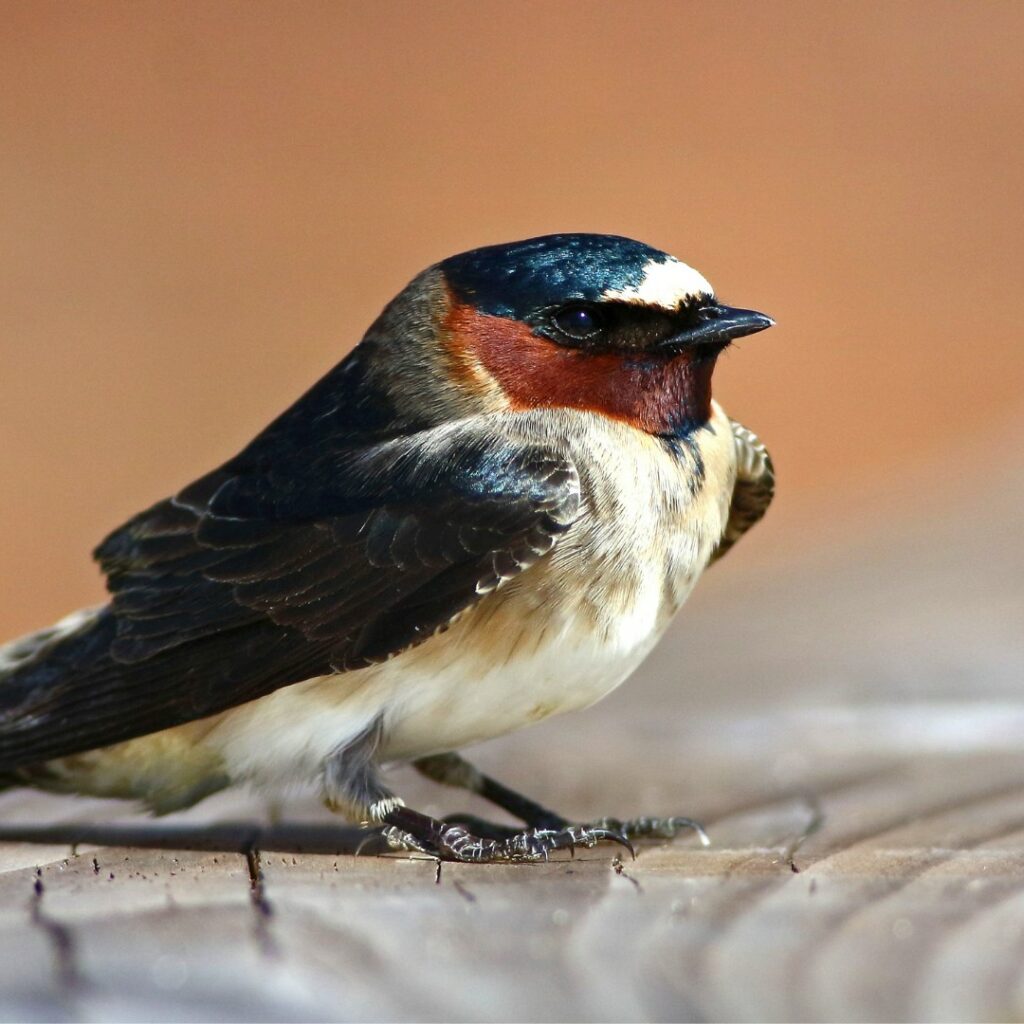
Every Bird Rescued and Rehabilitated is a Victory for Its Species
Cliff Swallow World Migratory Bird Day 2024 Story

Canada’s wilderness is the world’s envy. It’s our duty to keep our true north strong and green.
Donate